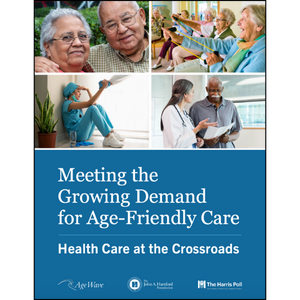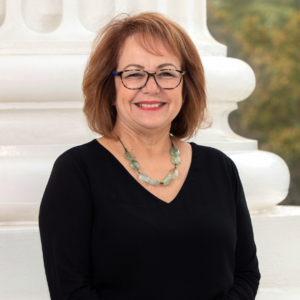Poll: Most healthcare organizations not optimistic on ACO participation
Most senior executives at hospitals, health systems, and insurers are still undecided about their organization's participation in the Medicare Shared Savings Program (MSSP), commonly referred to as the Medicare ACO program, according to a poll conducted by the New York City-based audit, tax and advisory firm, which got an assist from the Washington D.C.-based healthcare legal firm Epstein Becker Green and the Addison, Texas consulting firm, JHD Group
The executives surveyed said their organizations do not have a comprehensive understanding of the various Centers for Medicare & Medicaid Services (CMS) programs and their financial implications, even after publication of final rules.
"Our survey findings indicate that healthcare leaders are still trying to get their hands around the opportunity and the risks associated with these programs," Ed Giniat, partner and sector leader for KPMG Healthcare and Pharmaceuticals, said in a statement. "Clearly, the priority for executives is to rapidly increase their knowledge about payment model reform and to accelerate their organizations movement toward new business models."
According to responses from healthcare leaders who participated in a webcast poll in November, 57 percent of hospital and health system respondents said they still don't know how the final rules will impact their organization's participation in the MSSP program. Sixteen percent, on the other hand, said their position was unchanged and they are still planning to participate, while seven percent said the final rules have moved them to participate. Thirteen percent, however, said their position not to participate remains unchanged.
Among health insurers, half of those polled said they still don't know about their organization's potential participation in the MSSP program. Nineteen percent said the final rules had changed their position and they now plan to participate, and 10 percent said the final rules have had no impact on their decision and still plan to participate. Only 2 percent said the final rules had no impact on their decision and they still don't plan to participate.
In fact, when asked about their organization's understanding of the various CMS programs and their financial implications, 36 percent of hospital and health system leaders said it was advanced or comprehensive, with 55 percent describing it as competent or decent, and 7 percent labeling it as weak.
Health insurers echoed a similar sentiment: 26 percent said their understanding was advanced or comprehensive, 62 percent said it was competent or decent, and 12 percent said it was weak.
Additionally, when asked how long it would take to achieve real results in coordinated care in the U.S., close to half of hospital and health system and insurer respondents said it would be 10 years, while 38 percent of respondents from hospitals and health systems and 43 percent of insurers said it would be 5 years.
I Advance Senior Care is the industry-leading source for practical, in-depth, business-building, and resident care information for owners, executives, administrators, and directors of nursing at assisted living communities, skilled nursing facilities, post-acute facilities, and continuing care retirement communities. The I Advance Senior Care editorial team and industry experts provide market analysis, strategic direction, policy commentary, clinical best-practices, business management, and technology breakthroughs.
I Advance Senior Care is part of the Institute for the Advancement of Senior Care and published by Plain-English Health Care.
Related Articles
Topics: Accountable Care Organizations (ACOs)











